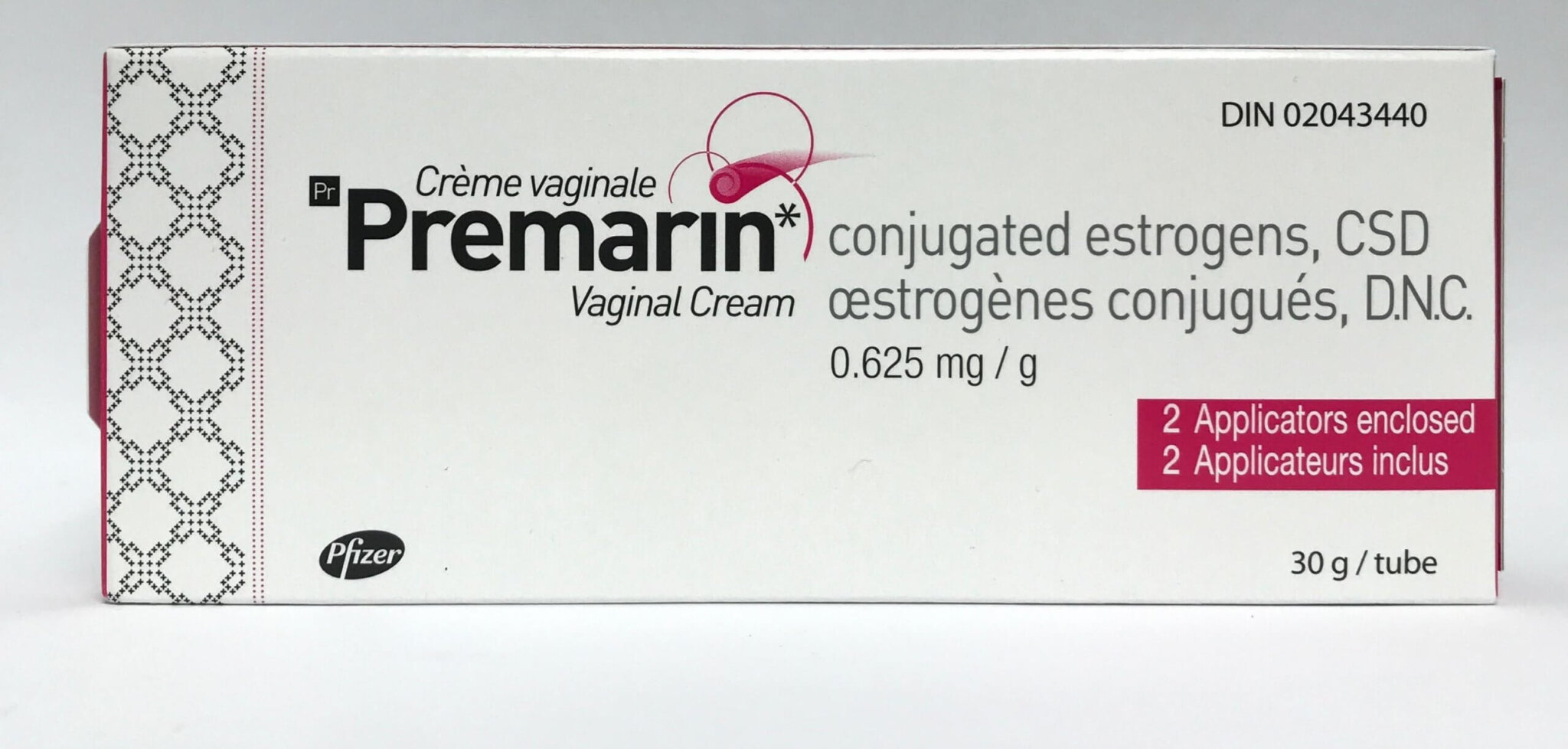
What Is The Best Treatment For Uterine Fibroids?
Uterine fibroids are very common. These non-cancerous growths can cause heavy bleeding, pressure in the belly, or pain during sex, but not always. Some women don’t even realize they have them. So, what’s the best














